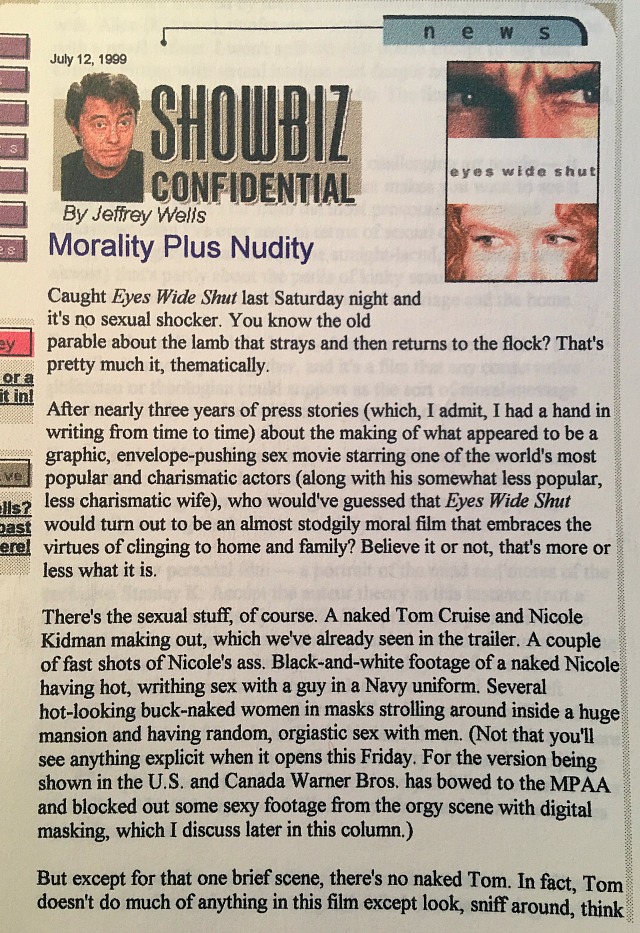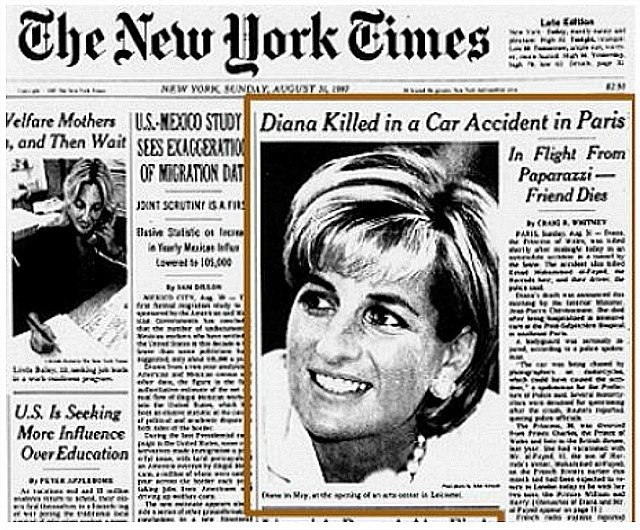One of the basic rules of movie plotting demands that just desserts be served. Movie justice can be subtle (Michael Corleone‘s barren solitude at the end of The Godfather, Part II is one manifestation), but one way or another a principal character must face it. If there’s a proverbial bad guy causing harm and pain during Act One and Act Two (and I’m referring to Barbara Stanwyck‘s Phyllis Dietrichson as much as anyone else), he/she must be somehow punished or brought down in Act Three, period.
Alas, Kathryn Bigelow and Mark Boal‘s Detroit refuses to provide justice in the case of Will Poulter‘s “Phillip Krauss”, a racist, belligerent, beetle-browed fuck cop who causes the death of three innocent black dudes during the Detroit riots, and it’s infuriating. Yes, Bigelow and Boal are sticking by the historical facts, but I’m sitting in my ninth-row aisle seat with my small popcorn and coke and I don’t want “facts”. I want that asshole dead or beaten badly, or condemned to a hellish prison term with regular anal invasions.
This is why Detroit will fail with Joe and Jane Popcorn this weekend. Because it refuses to do the thing that audiences want their movies to do. You take a ticket-buyer’s money, you have to do the thing. If you don’t do the thing, the ticket-buyer will recoil and rebel and tell his friends to stay the fuck away.
Paul Newman was a shit to the end in Martin Ritt‘s Hud. He never repented, never softened, never apologized. And at the end of Act Three he was the owner of a ranch with plenty of oil beneath. But he was also completely alone, and all he had in that final scene was a lit cigarette, a fresh beer and a sneer. That was justice, and was all the audience needed.
Monica Vitti and Gabriele Ferzetti didn’t know what was up or down at the end of Michelangelo Antonioni‘s L’Avventura. They were still hovering in the same affluent, spiritually resigned atmosphere that the film began with, and that was a form of justice. The “no exit” kind reserved for lost souls.






